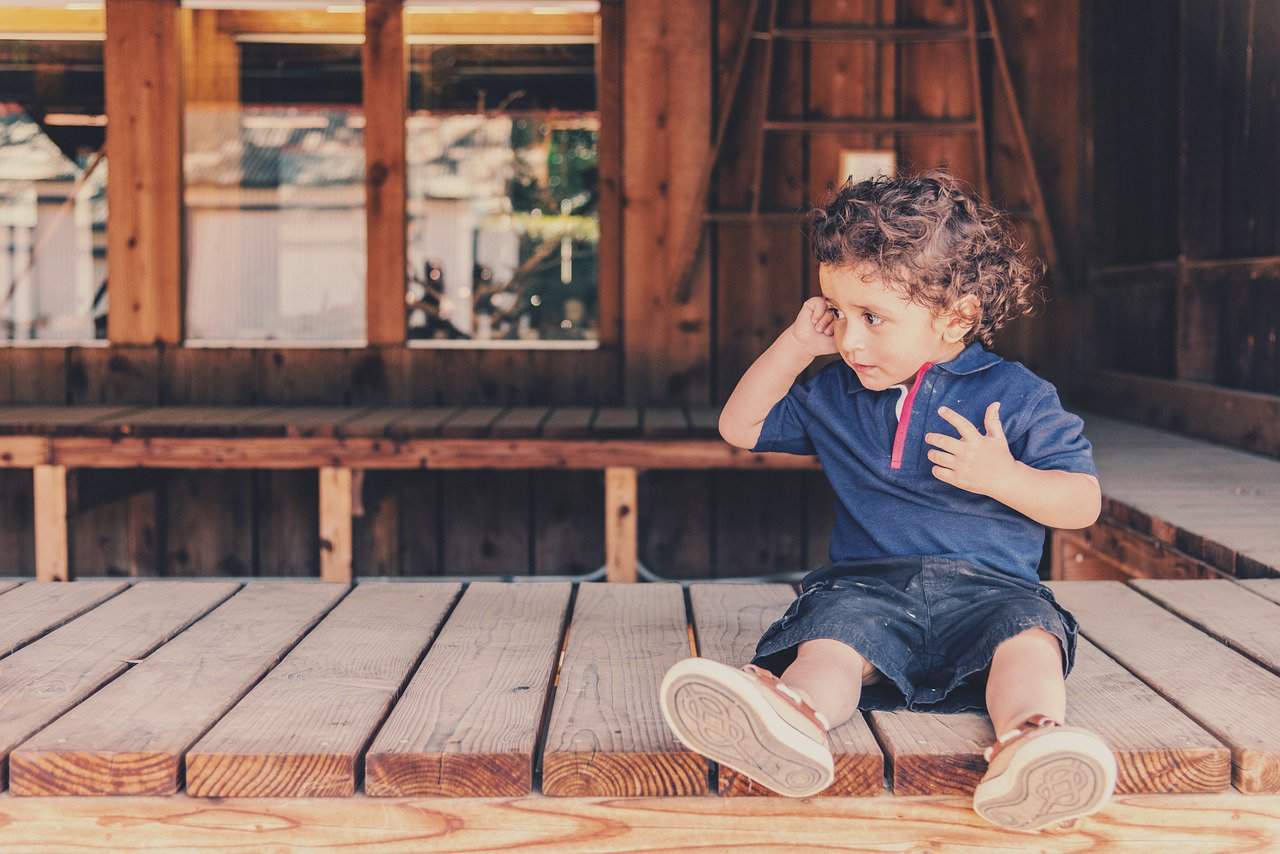
Traditional methods of raising children included punishment and reward. Nowadays, there is more and more talk about the harmfulness of punishments, which undermine a child’s self-esteem, arouse anger, teach violence and, above all, negatively affect the relationship with parents. Is it possible to raise without punishment? If so, what solutions and ways to opt for in order to avoid punishment?
When our child disobeys and is naughty, our first thought is to punish him. Many parents use both physical punishment (for example, spanking) and verbal punishment (threats). It seems to us that if we emphasize our authority, the child will immediately obey and be polite. Meanwhile, punishments do not have the desired effect, they do not make the kids understand what they did wrong, on the contrary – not only do they not feel guilty, but they also want to “take revenge” on the caregivers.
In the long run, punishment negatively affects the development of a young person, results in lowered self-esteem, a sense of incomprehension and rejection, and from those closest to him. So how to bring up without using punishment? Certainly, children cannot be allowed to do everything, because in this way we will not prepare them to function in society. The key should be to understand the emotional state of the child in moments of anger and disobedience.
Alternatives to punishment are methods that, on the one hand, make it easier for us to understand what our child is going through at any given time, and on the other hand, help the child develop in a healthy way.
Do you happen to feel irritable or easily angered when tired or hungry? It’s the same with children. If our little one starts misbehaving, whining, getting angry and not listening to commands, he or she may also be hungry, tired or overstimulated. Let’s make sure the child is not missing anything, and all physiological needs have been met. Let’s try to find out what caused the child’s outburst of anger. Often, through bad behavior, children try to get attention, in this way they cry out for love. Let’s show them that they are important and loved. Calm conversation and touch, such as hugging, play a big role here.
If we put valuable and glass objects around the house and the child breaks one of them while playing, whose fault will it be? Ours, because we didn’t take care of the toddler’s friendly and safe environment, which should be age-appropriate. Precious dishes and vases are better tucked away and taken out only when the child is old enough to understand that it is necessary to be careful with delicate objects.
Let’s teach children to see the consequences of their actions. Such teaching is much more effective than punishment. If a child breaks a toy, let’s show that now he won’t be able to play with it. If the kid can’t find something in the room, let’s point out that it’s the fault of the mess that was supposed to be cleaned up. Such actions will help children understand that their actions have unpleasant consequences for them.
Children prefer to imitate adults rather than listen to them. Before demanding that they behave in an appropriate manner, take a look at their habits. Do we eat cookies for breakfast? No wonder the child doesn’t want vegetables. Let’s try to set a good example.
main photo: pixabay.com/MiguelRPerez